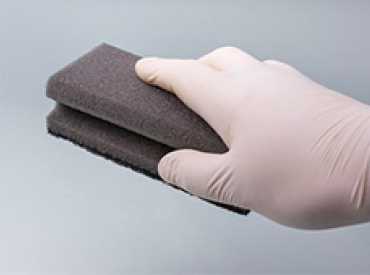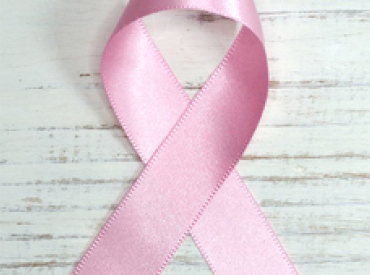Hair Loss May Be Worse for Cytotoxic Chemotherapy Patients
According to a March 2019 article in Dermatology Advisor, people treated with cytotoxic chemotherapy may experience more severe, diffuse persistent hair loss than cancer patients who undergo endocrine-based therapy after chemo.
A retrospective evaluation was carried out as part of a study published in the JAMA Dermatology journal, looking at the treatment outcomes, quality of life and the 'effect of dermatologic therapy' of 192 female cancer patients who developed persistent hair loss from chemotherapy. The most common type of cancer among the women studied was breast cancer.
It was noted that 98 of the 192 developed persistent chemotherapy-induced hairloss, while 94 experienced endocrine therapy-induced hairloss following chemo.
Whilst 82 per cent of the study participants with persistent chemotherapy-induced alopecia had been treated with taxane-based chemotherapy, 20 per cent fewer had undergone endocrine therapy-induced hair loss after chemotherapy that was treated with aromatase inhibitors.
As the Dermatology Advisor article states, "Those with persistent chemotherapy-induced alopecia had more diffuse alopecia (41% vs 25%; P =.04), a higher frequency of a Common Terminology Criteria for Adverse Events severity score over a grade 2 (39% vs 13%; P <.001), a lower mean number of hair shafts per follicular unit (1.3 vs 1.5; P <.001), and lower mean numbers for hair thickness (62 vs 68 ; P =.02) when compared with those with endocrine therapy-induced alopecia after chemotherapy."
What causes hair loss from chemotherapy?
Belgravia hair loss specialist, Rali Bozhinova explains, "Chemotherapy affects the cell division (mitosis) and aims to slow it down or stop it. So, when patients experience hair loss from chemotherapy, it is because cells in the hair bulb stop dividing and, therefore, the hair stops growing.
This is called Anagen Effluvium and only affects the anagen hairs - the ones which are actively growing at the time chemotherapy starts.
Anagen Effluvium can sometimes cause all anagen hairs to fall out; this is approximately 90 per cent of all of scalp hair, leaving the patient looking bald.
Unlike in cases of hair loss conditions such as Androgenetic Alopecia - Male Pattern Baldness and Female Pattern Hair Loss - or Telogen Effluvium, these hairs don’t fall out from the root - with their bulb - instead they break. As such, once the patient's chemotherapy course has been completed, the cell division in the remaining bulbs resumes, thus the hair starts regrowing from the exact same bulbs."
Hair fall may be minimised during chemotherapy in some cases by wearing a scalp cooling device, commonly known as a cold cap. This is worn during chemo sessions and helps to prevent hair loss by chilling the scalp to extremely low temperatures, discouraging the circulation of chemo drugs to the scalp and hair follicles.
Hair regrowth after chemotherapy
Once the last session of chemotherapy has been completed, hair growth can resume naturally within a few months, though it may take around 12 months for the hair to return to looking more like its pre-cancer state.
Bozhinova explains the reason for this as being, "Because hair is growing from the same bulbs, hair regrowth after Anagen Effluvium can start very quickly, but it may take long time - around 12 months or so from the last chemo session - for the hair to return to its natural thickness, density and/or quality."
Hair growth after chemotherapy can sometimes throw up surprises, such as a change in hair texture or colour, but this is generally a temporary issue that rights itself naturally.
Hair specialists are often asked by cancer survivors about hair regrowth treatment after chemotherapy; whilst this is not usually necessary, patients are welcome to have a consultation and hair loss solutions can be recommended based on their findings and the individual's medical profile.
However, it is Belgravia Centre policy that hair loss treatment will not be provided without prior written confirmation from the patient's oncologist or doctor confirm they are suitable and happy for them to go ahead with the relevant course components.

The Belgravia Centre
The Belgravia Centre is a world-renowned group of a hair loss clinic in Central London, UK. If you are worried about hair loss you can arrange a free consultation with a hair loss expert or complete our Online Consultation from anywhere in the world for home-use treatment.
View our Hair Loss Success Stories, which includes the world's largest gallery of hair growth photos and demonstrates the level of success that so many of Belgravia's patients achieve.



